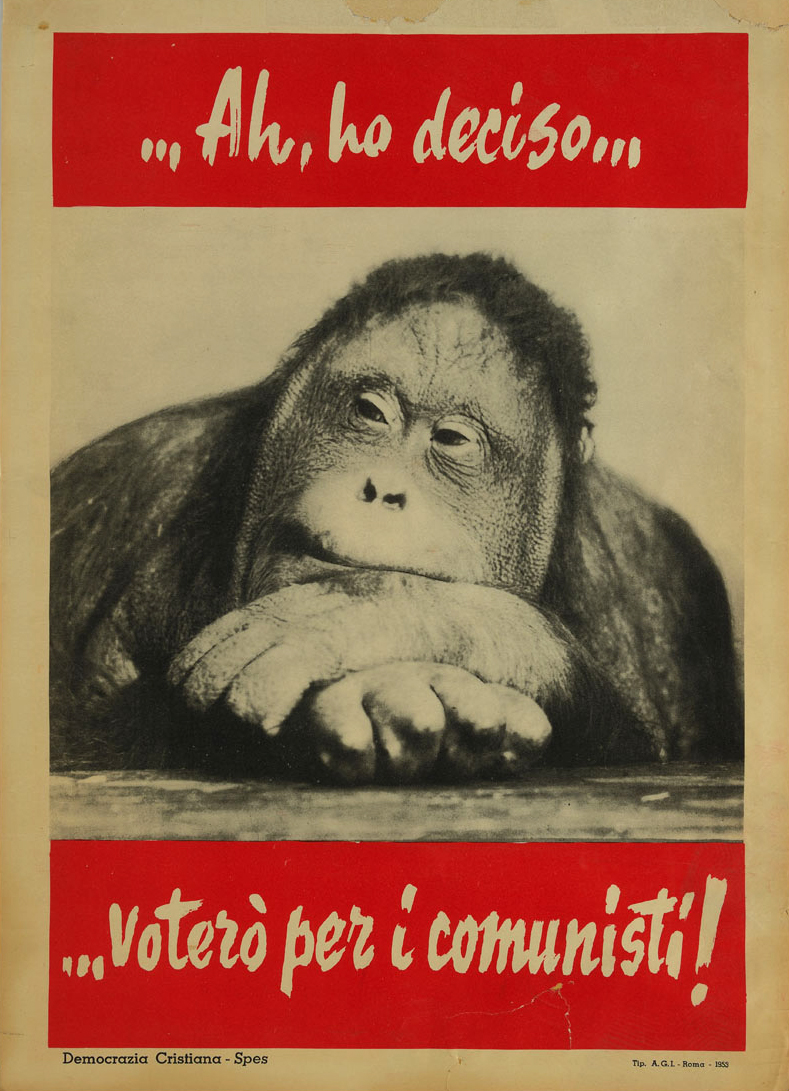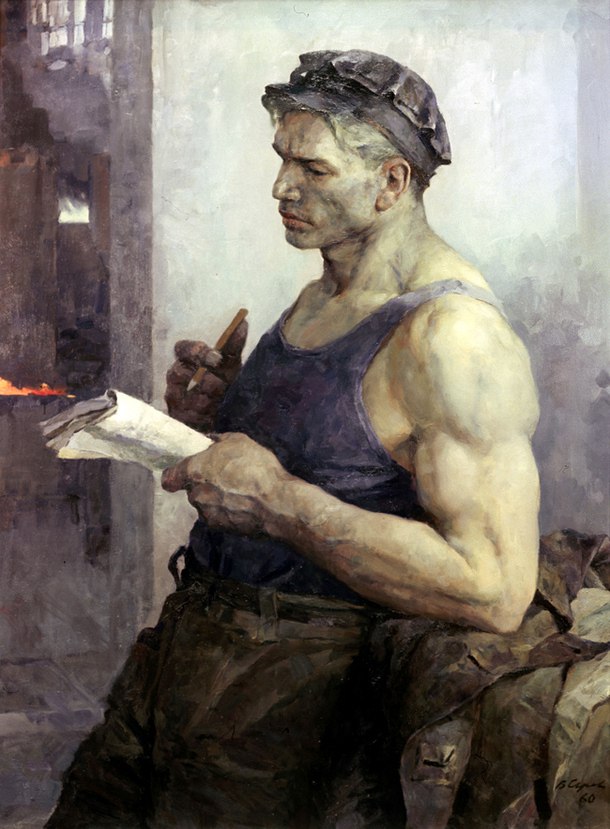I should say that there’s a fair bit of spin here.
The Ramses mausoleum was famous in antiquity because it was believed to also be the tomb of Memnon, a figure from the Trojan war. It got tons of visitors, and it was “customary” that they would leave their signature on the wall. We have records of at least one instance where some rich Roman official had his secretary do the chiseling. The grave was guarded and this was allowed. The Egyptians probably considered it a way of honouring the grave.
Indeed, in almost all cases, these graffity are written on empty spaces, and do not cover drawings or hieroglyphics, and as you can see in the picture it’s also the case in this instance.
Honestly this just makes it funnier.
They were allowed to write anything and they wrote “I can’t read this shit.”
Most people signed as 'I, so-and-so, have admired". This was most likely a jab at the other graffity-makers.
good learns
Honestly i wouldn’t even call ancient Greece “western”. I think the “West” has culturally appropriated ancient Greece into their own collective historical identity but really ancient Greece had more in common with the civilizations of the Near East/Eastern Mediterranean like the Persians, Egyptians and Phoenicians than with what eventually became the “West” i.e. western Europe and latin Christianity.
You’re completely correct in the sense that the West or Western, in the sense of a cultural identity as opposed to a geopolitical alliance (although materially in the modern world these are ofc connected), is not only modern but pretty artificial (though real). However the appropriation, which ran through Roman culture to modern Western culture, still indicates by itself that modern Western culture was and is very influenced by Graeco-Roman civilization. Although a lot of this appropriation is also explicit, retroactive and indirect, and based on idealistic attempts to identify themselves with supposed aspects of ancient Greek culture which don’t actually hold up on scrutiny.
As you’ve said, Ancient Greece had far more in common with the other Mediterranean cultures of the time than the modern WASPs of the West or the ancient Germanic or Celtic peoples. Like if an ancient Greek teleported to the current era your average yankie WASP would deffo not think they’re hwhite like them. This is also ignoring the fact that whiteness as a category as it emerged in early modern Europe and America did not exist for the Greeks, who would also have seen themselves as having far more in common with, say, the Egyptians or Phoenicians than with the ancient Teutons.
Then again WASPs already think the same thing about many modern Greeks, joking that they are basically Turks. There is a bunch of cultural things that are shared due to the Ottoman period, but we all known what they mean when they say this (i.e. the joke that southern Europeans are only semi-hwhite).
That’s exactly right
Exactly. For example Thebes in beotia was founded by cadmus of tyre. Who in the legend introduced the alphabet.
In fact as long as mythology is concerened you shouldnt use greek mithology to compare with other native european mithologies because it is heavily influenced by semitic and other middle eastern myths. Despite interpretatio graeca being the common framework for a long time. If anything classical greek mithology is more middle eastern than persian mythology.
One may claim that legaly european civil law originates from the bizantine theodosian code. But it is a medieval inovation. both the code and the way it was aplied bear little to either greek or roman legal and administrative traditions. Wich again are more similar to middle eastern traditions like islamic law. In fact in the few cases were ancient roman forms have been preserved like in the spanish fueros it is because of arabic influence. Other than that european legal tradition including democratic ideas is much more heavily influenced by salic law than by grecoroman forms.
One graffito attests that visitors had to explore the dark tunnels and painted images by torchlight, making a pun on the visitor’s name, Dadouchios (Greek: Δᾳδούχιος) and the Greek: δᾳδοῦχος, translit. daidoukhos, lit. “torch”:
Δᾳδούχιος σχολαστικὸς ἰατ(ρὸς) ἦλθον κ(αὶ) ἐθαύμασα καὶ ἄεπος ἦλθα δᾳδοῦχος
I, Dadouchios, scholastikos (and) physician came and admired in silence bearing a torch
Ancient shitposting on the tomb wall.
This is obviously fake. Real ancient Greek graffiti would have more dicks.
Greek tourist moment






